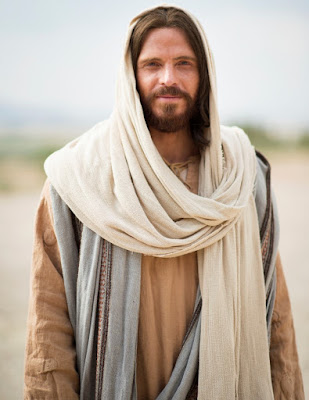“Mom, Why is Love so Hard?”
But the answer itself is never the same. Each parent responds with varying degrees of soberness of spirit. Some parents answer with an honest “I don’t know,” while others are hesitant to admit that they too have yet to find closure for the question that has haunted them since childhood. And yet other parents just laugh because after all, what does a child know about the war-won wounds of love anyway?
Truthfully, I think they know more than we do sometimes.
But they’re confused about something unidentifiable now, so they ask questions in the best way they know how to; not even realizing that they’re asking the wrong thing altogether. Because love isn’t hard. It just isn’t. And yes, it really is as simple as that; and yet, I think I finally understand why each of us asks that infamous question at some point in our lives.
Love is natural, or at least, it used to be. Maybe we grow out of it as we get older, but as children, we love and forgive freely, unashamedly, and without contingencies, conspiracies, or IOUs. We just loved the people around us.
We loved our families. We loved our friends. We loved the stranger in the grocery store who smiled at us in passing, so we smiled and waved at them back. We forgave our siblings after they hurt us because we loved them and knew they loved us in return. It wasn’t a conscious choice either. We just loved people because intrinsically we knew that people needed to be loved.
But at some point, as we grow, our perspective on love changes. People we love don’t love us back. People we love hurt us intentionally, or at the very least, repeatedly. We become wary of loving because loving gets us hurt. We set boundaries on affection because affection leaves us burned.
And so we ask the question. Our children ask the question. Every romantic comedy, reality TV show, and pop song playing on the radio asks the question.
“Why is love so hard?”
I think what we really mean to ask ourselves is, “Why is my love not always returned?”
That’s a good question. That’s a hard question. People have a myriad of reasons for acting the way they do, so trying to quantify a singular answer would be near impossible. And it’s a truth universally known that the people you love will hurt you, disappoint you, and selfishly use you at some point in your relationship, even if it’s unknowingly done. You do it. I do it. We all do it because we’re human. And unfortunately, loving imperfectly is something that humans tend to do more often than not.
But if we can understand that our fear of love stems from a fear of pain, then maybe that fear can lose a little of its power. Maybe we can understand the first and second great commandments a little better. Maybe we can find a way to become like little children again and make giving love our natural response – regardless of the situation.
When we serve and show kindness, we help (at the very least) two individuals. We help the person we served and we help ourselves. When I serve, I feel better too. I’m lighter, happier, and more confident in myself and my identity. I’m changed by the experience, perhaps more than the other individual would ever be changed by my actions. I grow and become closer to a version of myself that feels better and truer somehow.
And as individuals seeking purpose and identity, we like that feeling. So if spreading kindness sparks that pursuit, we chase it and serve some more. And after choosing tiny kindnesses for a while, loving others becomes less of a choice than a default setting.
Sometimes, when I feel hurt or heartbroken, I let myself ask God why He let me love someone so much at all. I wonder why He didn’t stop me before my heart got caught in the hands of people who would speak and act so recklessly.
But He didn’t let that happen. And I didn’t really either. The act of loving others should not be faulted for my pain, but the irresponsible reciprocation of that love should be.
I’m not saying we should love without setting boundaries in unhealthy or unrequited relationships. I’m not insinuating that we should place the sole blame of hurt feelings on the other party without considering that maybe we had some part in the mess as well. I’m not trying to regulate how you give and receive love at all.
I’m merely suggesting that maybe we’ve been blaming love all this time when the guilt lies primarily in the selfish stewardship that we try to hold over love.
I would rather live a life of loving others, even if they never love me back. I would prefer spreading kindness over condemnation, and compliments over criticism. So I’m going to keep loving the strangers who smile at me in the supermarket, as well as the people who watch anxiously to see me fail. I’m going to strive to be that little child once again who loves freely, fearlessly, and ferociously just for the sake that it makes me feel closer to my God and closer to myself.
I’m not gonna love to be loved back.
I’m gonna love so that at least I can say I’ve tried to.
I’m gonna love so that I can understand divinity a little bit better; whether that be in God, in others, or in myself.
And in this pursuit of childlike loving, I’m going to try and remember that loving isn’t really difficult at all.
But overcoming fears, avoiding selfishness, and not succumbing to our own egos?
That’s the really hard part.


Comments
Post a Comment